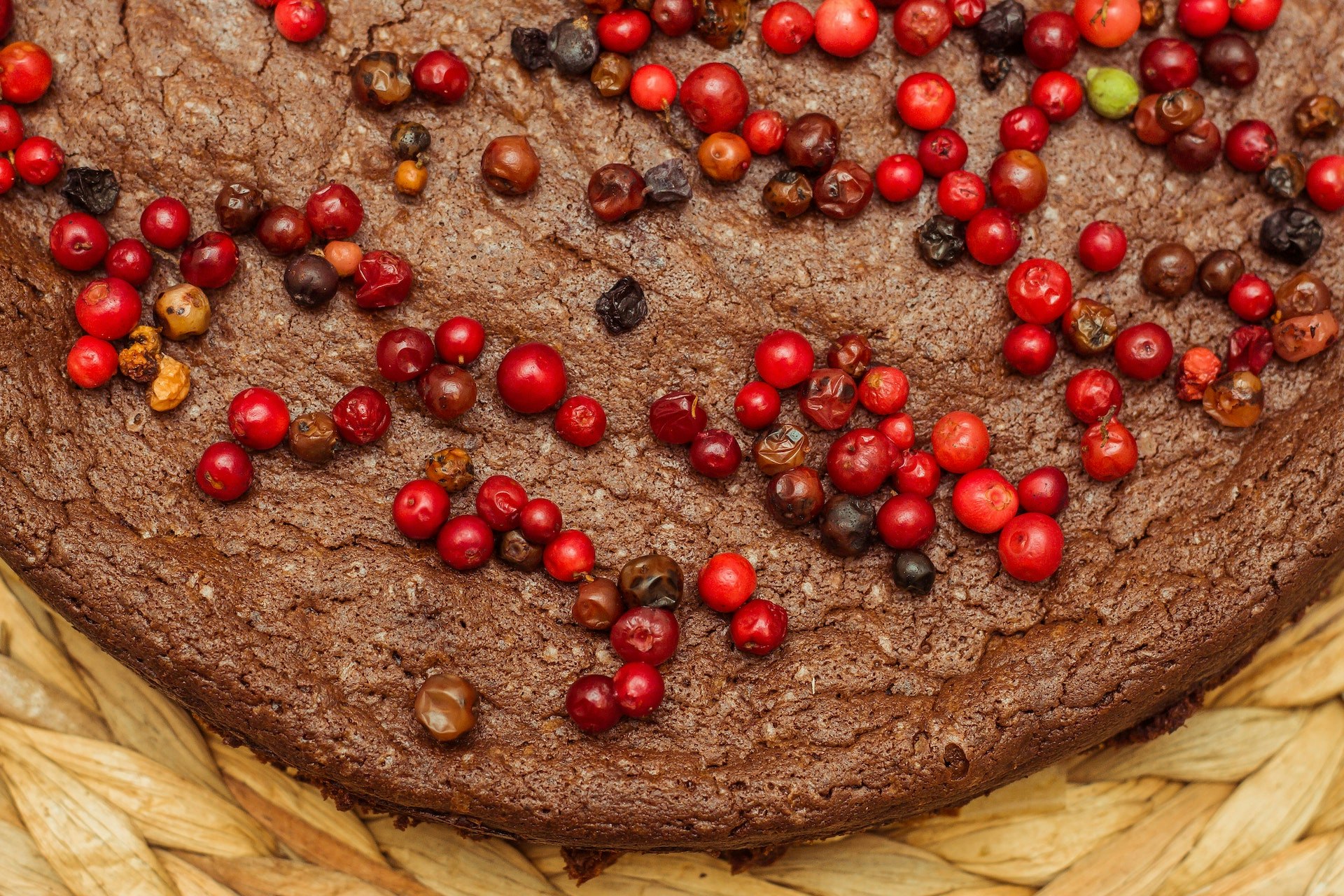Yes, cranberry juice contains electrolytes. On average, a cup of cranberry juice contains about 300mg or 9% daily value (DV) of potassium, 22mg or 5% DV of magnesium, and 34mg or 3% DV of calcium.
Let's dive into that and spill all the juicy details about this tangy, reddish-pink drink made from cranberries.
Cranberries, also known as Vaccinium oxycoccos or Vaccinium macrocarpon, are these little red berries that are native to the US and Canada. They grow on vines close to the ground and prefer moist soil, especially if it's peat-based.
Cranberries are actually related to blueberries, bilberries, and huckleberries. And guess what? The US is the biggest cranberry producer in the whole world. Just in 2021, Wisconsin, one of the states, managed to produce a whopping 4.1 million barrels of cranberries. Now that's a lot of cranberry sauce.
What Are Electrolytes?
Electrolytes are super important nutrients and salts that your body needs to function properly. They're like little batteries that carry electrical signals in your nerves and help your muscles move. Without them, your body wouldn't be able to do its thing, including keeping your heart beating. It's critical to make sure your body does not run out of those electrolytes.
Is Cranberry Juice a Good Source of Electrolytes?
Cranberry juice contains a few different types of electrolytes. The amount might differ depending on the brand and how it's made, though. The main electrolytes you'll find in cranberry juice are potassium, magnesium, and calcium.
On average, a cup of cranberry juice contains about 300mg or 9% DV of potassium, 22mg or 5% DV of magnesium, and 34mg or 3% DV of calcium.
Cranberry juice is actually good for you because it's packed with water, with about 270 grams per glass. Plus, it's got other beneficial minerals like iron, and it's loaded with vitamin C, melatonin, and antioxidants.
However, it's worth mentioning that if you're looking for a drink to replenish electrolytes, cranberry juice might not be your best bet. Compared to sports drinks or electrolyte-enhanced water, cranberry juice has a relatively low electrolyte content. So, keep that in mind when choosing your beverage.
Why Do we Need Electrolytes?
Electrolytes are super important for keeping our bodies running smoothly. Not only do they help with nerve function, but they also play a big role in making sure our muscles contract properly.
When we work up a sweat, we're not just losing water – we're losing electrolytes too. That's why it's important to replenish both. This is especially true for athletes, fitness lovers, and active folks, as they tend to lose a lot of electrolytes. To avoid getting dehydrated, it's crucial for them to replenish those electrolytes ASAP.
Believe it or not, we also lose electrolytes when we pee. And if you're dealing with vomiting or diarrhea, those can cause even more electrolyte losses.
If your electrolytes get out of whack, it can cause things like weak muscles, feeling tired all the time, getting queasy, and even headaches. But don't worry, most of the time, if your electrolyte levels are just a little off, you won't even notice any symptoms.
Relying on cranberry juice exclusively to quench your thirst might not be the healthiest choice. Cranberry juice, like other fruit juices, is packed with sugar naturally present in the fruit. Even a popular brand of 100% cranberry juice with a label showing “no added sugar” still has 18 grams of carbs per cup, out of which 9 grams are sugar. In terms of calories, a cup of this juice will set you back 60 calories. Don't assume you can chug cranberry juice without worrying about the calories.
Other Health Benefits of Cranberry Juice
Cranberry juice has a bunch of potential health perks because it's packed with antioxidants and special cranberry compounds. Check out some of the ways cranberry juice could boost your health:
- Cranberry juice is often hailed for its ability to keep your urinary tract healthy. It has these compounds called proanthocyanidins that can help stop certain bacteria, like E. coli, from sticking to the walls of your urinary tract. This means it can lower your chances of getting urinary tract infections (UTIs). So, if you're someone who tends to get UTIs often, drinking cranberry juice regularly could be a good idea.
- Cranberries are packed with antioxidants that shield the body from harmful free radicals. The antioxidants found in cranberry juice, like vitamin C and different polyphenols, can promote overall health and possibly lower the chances of developing chronic diseases. So, cranberries are a tasty way to protect your body.
- Did you know that cranberries can actually be good for your heart? Some research suggests that the antioxidants in cranberries can have a positive effect on heart health. By drinking cranberry juice, you may be able to improve your blood cholesterol levels by increasing the “good” HDL cholesterol and decreasing the “bad” LDL cholesterol. On top of that, cranberries also have anti-inflammatory properties that can help reduce inflammation in your heart and blood vessels. So go ahead and enjoy some cranberries for a healthy heart.
- Cranberries contain compounds, like certain flavonoids, that could have anti-inflammatory effects, which are good for your digestive health. Drinking cranberry juice might help reduce inflammation in your digestive tract and support a healthy balance of gut bacteria.
- Did you know that cranberry juice could actually be good for your oral health? Some studies have shown that the proanthocyanidins found in cranberries can help stop bacteria, like the ones that cause plaque and gum disease, from sticking to your teeth and gums. However, it's important to remember that cranberry juice is acidic, so it's best to enjoy it in moderation to avoid any potential damage to your tooth enamel.
Bottom Line
Cranberry juice can be good for you and has a good dose of electrolytes, but it's not a replacement for dedicated electrolyte replacement or a miracle fix for any particular ailment. Though cranberry juice is likely not the best option to prevent or treat electrolyte imbalance, but it's still a good idea to enjoy it in moderation as part of a healthy diet. If you have specific health worries, it's a good idea to talk to a healthcare professional.



Comment